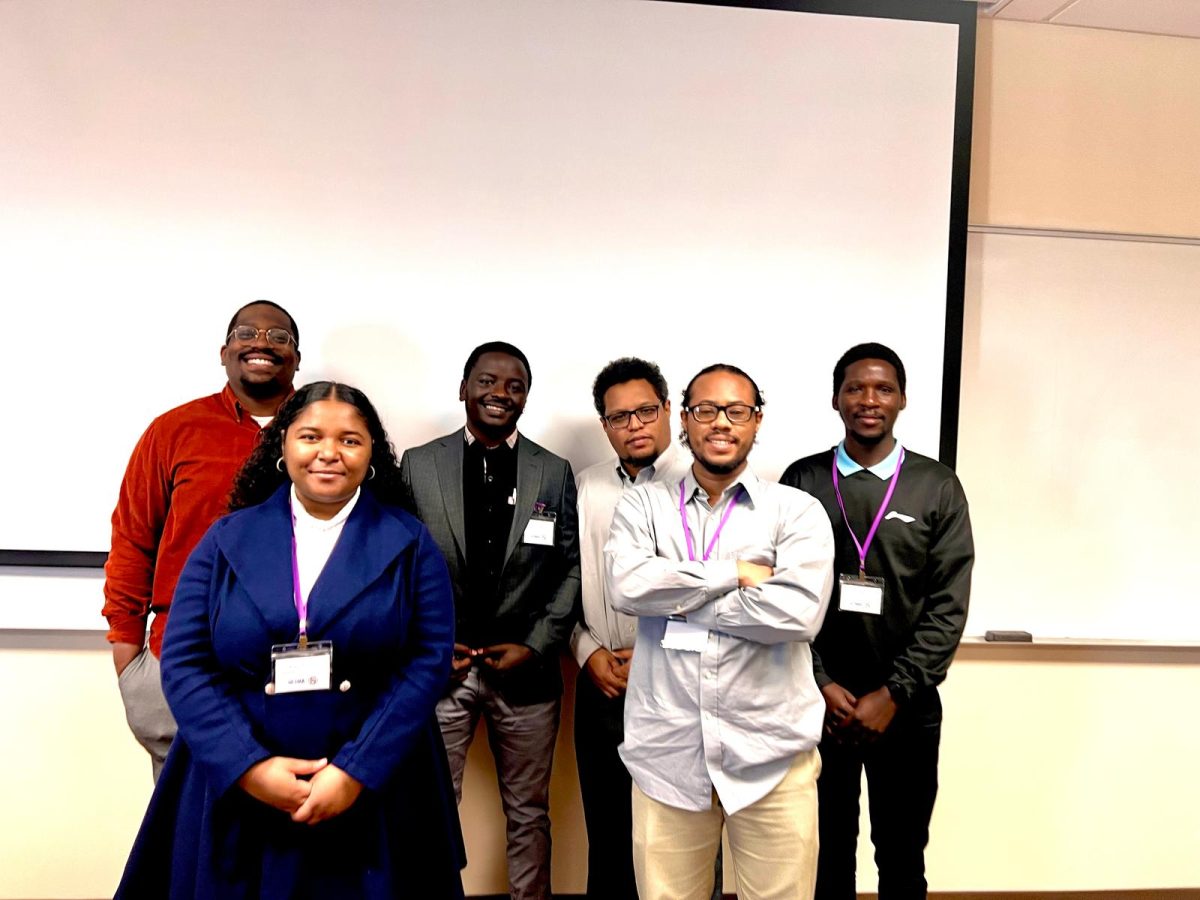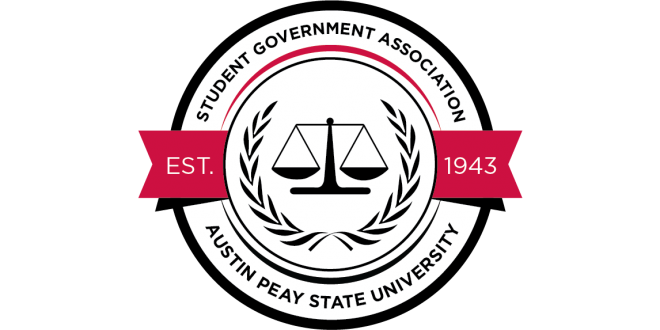During the Wednesday, March 23, SGA meeting, senators were able to express their questions and concerns about Pharos to Laura Prange, head of the Printing Task Force, during an FAQ session.
The 30-minute session was held to directly inform the senators and Executive Council members about the specifics of Pharos and allow the assembled SGA members to question Prange and voice student concerns.
Prange used a publicly available FAQ sheet to direct the session and went into depth about specific policy points during the meeting.
Several members of SGA, including Executive Secretary Faith Merriweather and Sen. Consuelo Torres, questioned Prange on how certain high printing departments would adapt to the new limitations on students.
“Those departments are going to have to make a plan,” Prange said.
Prange later informed the Senate of a faculty research team whose purpose is to design more paper-efficient teaching practices.
Another issue Torres raised was why the unspent money from a semester does not roll over to the next.
“The Associate Vice President of Finance and Administration made this decision,” Prange said. “My understanding is that [it is] because the funds could accumulate by a student’s four or five years and be inaccessible to TAF and the Technology Committee.”
SGA President Will Roberts addressed the senate after the session with Prange ended and clarified why the Senate was not informed about Pharos earlier.
“I had work in confidence [with the university],” Roberts said. “Believe me, I was against it at the beginning and once I realize it’s happening and there is nothing I can do about it that is when I work to it make best fit [students].”
“[Pharos] is going to be a culture change more than anything across campus.” Roberts said.
Roberts also said he told the Printing Task Force both students and faculty should adapt to the new initiative.
In old business, Sen. Dylan Kellogg’s proposed Act No. 11 was approved by the Senate and will update the SGA’s bylaws to explicitly state students have the right to request a referendum to raise or lower the SGA fee on campus.
The act states a petition signed by 10 percent of the student body or a two-thirds vote of the Senate can bring about the referendum.
The other piece of legislation passed by the Senate was Sen. Travis Hodge’s Resolution No. 27, which suggests putting a pedestrian crossing light at the crosswalk between Maynard and Sundquist. The resolution is designed to cut down traffic congestion on 8th Street at peak times.
The next SGA Senate meeting will be held Wednesday, March 30, at 4 p.m. in the Morgan University Center room 307. The Pharos FAQ is available at www.apsu.edu/helpdesk/pharos-faq.











